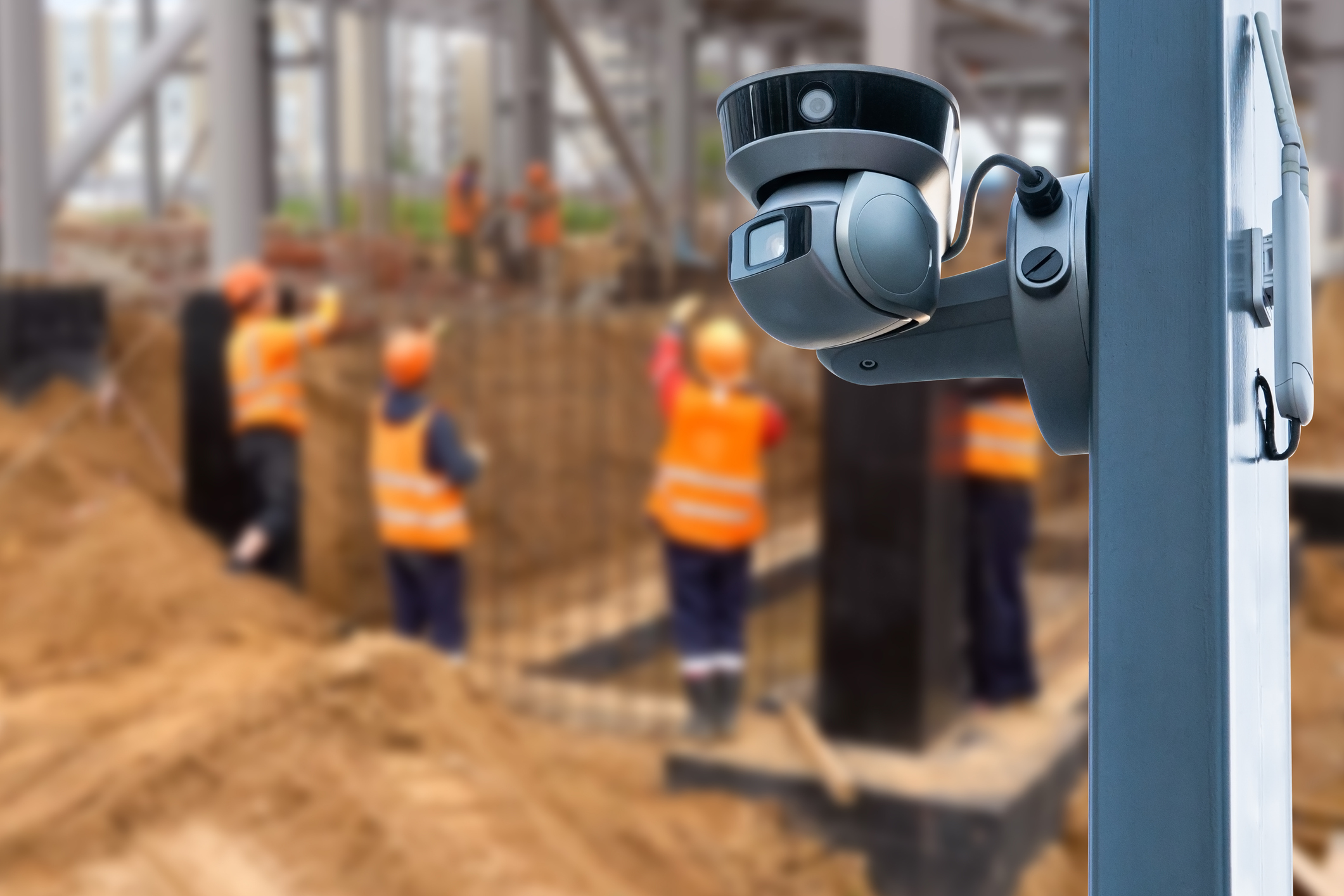Public health inspectors are responsible for public health and safety guidelines in garment manufacturing, food manufacturing and other factory settings. Health and safety professionals will offer training to manufacturers for asbestos awareness and identifying lead. They provide services for light and heavy manufacturing.
Public health and safety are essential to providing the best work environment for your employees and satisfying your customers. Both public health inspectors and health and safety professionals serve to make sure your employees are safe, ensure that your worksite is free of hazardous materials and that you are not liable for any work-related injuries. While public health inspectors are typically more well-known, health and safety professionals are usually more experienced and provide more service than a health inspector.
There may be confusion about how public health inspectors and health and safety professionals are different because they both aim to provide a healthy and safe environment for employees and the general public. This article will discuss the roles of each professional, plus the regulations they must follow and the industries they serve.
Related Services

Health and Safety Professional and Public Health Inspector Descriptions
Public health professionals are responsible for ensuring the safety of employees in the workplace, plus the public surrounding the work environment. Public health inspectors and health and safety professionals each have their own reasons for performing inspections and specific regulations.
Health and Safety Professional and Public Health Inspector Descriptions
Health and safety professionals, also known as environmental health officers, are responsible for enforcing health and safety in the workplace. These professionals have a diverse portfolio of experience, knowledge and skills, and a wide variety of credentials and certifications. Health and safety professionals save companies money by reducing injury, illness, liability, workers’ compensation and regulatory fines.
Environmental health officers prevent the occurrence of injury, illness and unexpected death in the workplace. They are knowledgeable about Occupational Safety and Health Administration (OSHA) regulations, and they ensure that employees comply with federal guidelines regarding safety and health. If an accident takes place, they are responsible for investigating and formulating possible solutions.
What is a Public Health Inspector?
Public health inspectors are professionals who investigate public establishments and ensure their compliance with health regulations for the safety of employees and the general public. They assess potential workplace hazards, enforce health and safety guidelines, and have the authority to close establishments not adhering to public health regulations. These establishments include:
- Hotels and motels
- Restaurants
- Swimming pools
- Camps
- Housing communities
- Healthcare facilities
Relevant Regulations
Both health and safety professionals and public health inspectors are responsible for ensuring that public establishments and workplaces are in compliance with federal and state guidelines. These guidelines include food preparation and preservation, lead and asbestos safety, pests and pesticides and biohazardous materials. For your own company’s safety, be aware of local, state and federal guidelines for safety in your industry.

Health and Safety Professional Regulatory Overview
HSPs ensure that businesses are compliant with OSHA guidelines. Under occupational health and safety regulations, workers are entitled to:
- Safe working conditions.
- Information and training regarding hazards in the workplace and how to prevent them.
- Records of work-related illnesses and injuries.
If needed, workers also have the right to:
- File an anonymous complaint and request an HSP to inspect their workplace.
- File a complaint against an employer for retaliation.
In addition to these rights for workers, employers are responsible for:
- Providing a hazard-free workplace for their employees.
- Inspecting and reducing health and safety hazards.
- Providing adequate protection against uncontrollable safety hazards in the workplace.
- Hanging the OSHA poster in a visible area, along with a list of OSHA citations.
- Maintaining records of work-related injuries.
Public Health Inspector Regulatory Overview
The guidelines that public health inspectors follow typically relate to sanitation. Public health inspectors ensure establishments comply with FDA standards for food handling and preparation. These standards involve wearing gloves and hairnets, washing hands and food storage.
Like health and safety professionals, employees are free to file an anonymous complaint against their establishments. An inspector would visit the establishment and determine if there are any safety or health violations. Public Health Inspectors will rate the business, and they even have the authority to close it down if it doesn’t comply with FDA guidelines.
Industries and Businesses Served
Public health inspectors and health and safety professionals serve a wide variety of industries, including:
Public Health Inspectors enforce health and safety regulations in schools according to local, state and federal guidelines. Health and safety professionals serve K-12 schools, plus universities and colleges.
Public health inspectors are responsible for serving housing communities, hotels and motels. Health and safety professionals comply with OSHA’s guidelines on healthy housing communities.
Public health inspectors typically work for the government. Health and safety professionals serve local, state and federal governments.
Public health inspectors ensure that biotech companies comply with FDA standards. Health and safety professionals serve pharmaceutical and biotech companies.
Public health inspectors are most known for ensuring the safe handling of food and a safe environment for preparing the food. Health and safety professionals also ensure that restaurants comply with local, state and federal guidelines to avoid food contamination.
Public health inspectors check beaches, pools and ponds for bacteria. Health and safety professionals monitor both air quality and water pollution.
Public health inspectors monitor public areas that are prone to vector diseases, such as the West Nile Virus. Health and safety professionals create and enforce laws regarding the spread of vector-borne diseases.
Embrace The Shift
Partner With TRC’s Tested Practitioners


